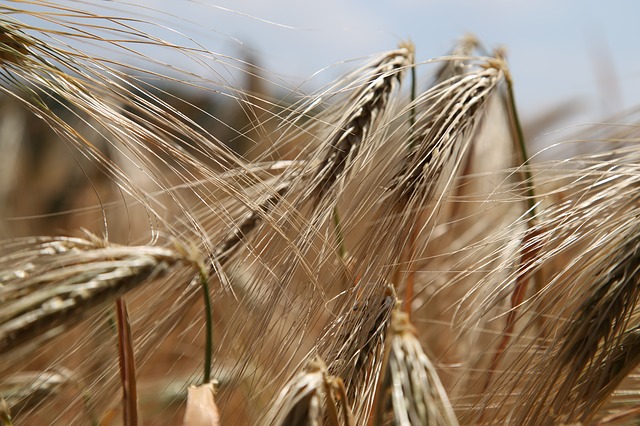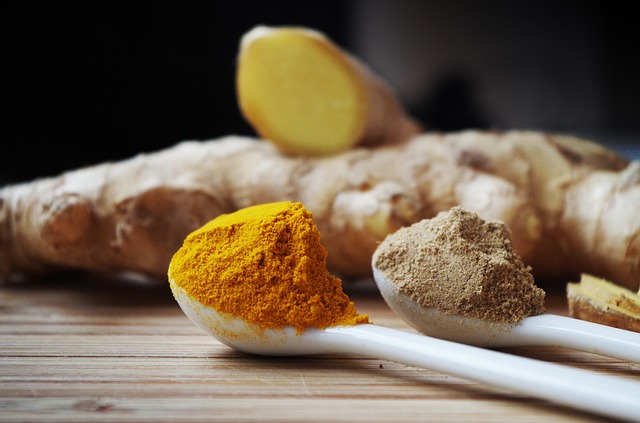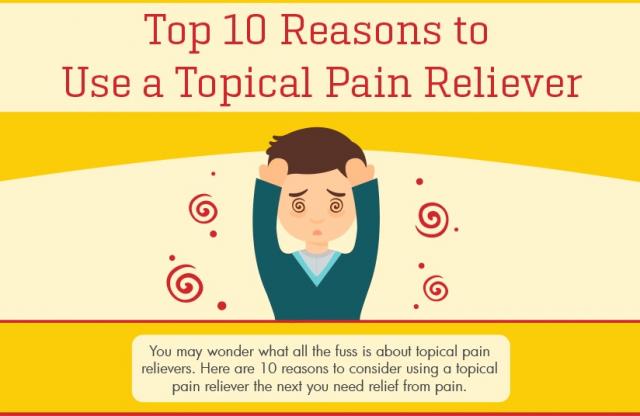 What is Gluten?
What is Gluten?
Gluten is a protein substance that is found in cereal grains like wheat, kamut, spelt, rye, barley and most oats. Is has a glue-like quality that helps baked goods stick together and gives bread a fluffy texture. Commercial producers of bread, pasta, and other bakery products like to use grains that contain gluten in their baked goods because it is the most well known. Gluten can also be found in other products hidden in the ingredients list with names such as:
- Glucose (which is a sugar that can be derived from gluten.)
- Vitamin E (which can be derived from gluten grains.)
- Modified food starch (which usually comes from wheat.)
- Natural Flavorings (especially caramel which usually comes from barley.)
- Maltodextrin (which usually comes from wheat.)
Why Does It Cause Problems For Some?
Gluten can cause a whole host of problems such as Keratosis Pilaris, digestive upset, nutrient deficiencies, autoimmune disorders, mood disorders, dark circles under your eyes, brain fog, migraines and headaches, Chronic Fatigue, Fibromyalgia, as well as painful swollen joints.
Gluten can also increase the amount of inflammation in your body, along with other foods. If gluten is not tolerated well by your digestive system it will cause damage to your intestines, and then the proteins can leak out into your bloodstream where they are not supposed to be. These rogue proteins cause inflammation and worsen pain.
Conventional crops that contain gluten are often sprayed with chemicals that can also irritate the intestines and are bad for our bodies. These chemicals can also create inflammation in the body since they are hard for the body to eliminate and detoxify from. Eating organic foods will eliminate this factor. If you are sensitive to gluten, then eating organic and gluten-free is even better for you.
What Can You Eat Instead?
 As the side effect lists for over-the-counter and prescription painkillers continually get longer, people have begun to search for alternatives. One of the most efficient and effective methods to relieve pain is the skin, the largest organ of our body!
As the side effect lists for over-the-counter and prescription painkillers continually get longer, people have begun to search for alternatives. One of the most efficient and effective methods to relieve pain is the skin, the largest organ of our body!

 Whether you have occasional pain, such as muscle soreness or deal with chronic pain from arthritis or other conditions, you want quick, safe relief. Some people reach for pain medication including narcotic painkillers or non-steroidal anti-inflammatory drugs (NSAIDs). But painkillers including NSAIDs can have serious side effects especially if taken on a regular basis.
Whether you have occasional pain, such as muscle soreness or deal with chronic pain from arthritis or other conditions, you want quick, safe relief. Some people reach for pain medication including narcotic painkillers or non-steroidal anti-inflammatory drugs (NSAIDs). But painkillers including NSAIDs can have serious side effects especially if taken on a regular basis.





 Did you know that consistent yoga practice provides many health benefits, especially for anyone suffering from chronic pain? Studies have found that yoga can prevent the changes that chronic pain causes in the structure of the brain. These changes are linked to depression, anxiety, and brain fog.
Did you know that consistent yoga practice provides many health benefits, especially for anyone suffering from chronic pain? Studies have found that yoga can prevent the changes that chronic pain causes in the structure of the brain. These changes are linked to depression, anxiety, and brain fog.